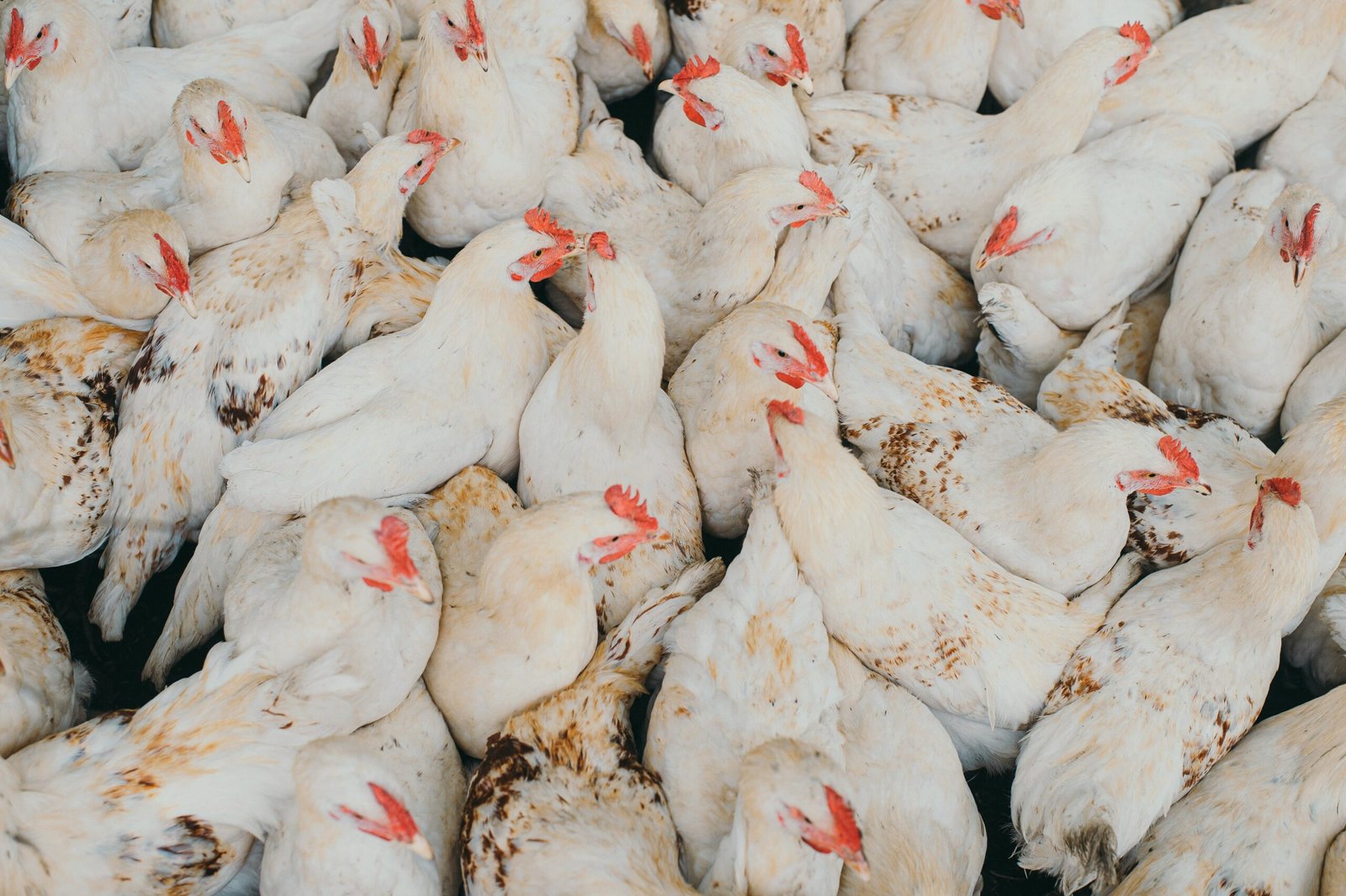Introduction
Starting a poultry farm business can be a rewarding venture for those interested in the agricultural industry. Poultry farming involves raising domesticated birds such as chickens, ducks, or turkeys for the purpose of meat, eggs, or feathers. This blog post will guide you through the process of starting a poultry farm, discussing the necessary investments, required equipment, and potential profits.
1. Research and Planning
Before diving into the poultry farming business, it is crucial to conduct thorough research and create a solid business plan. This will help you understand the market demand, identify your target customers, and determine the type of poultry you want to raise. Consider factors such as breed selection, production system (free-range, organic, or conventional), and the scale of your operation.
2. Acquiring Land and Infrastructure
Once you have a clear plan, the next step is to secure suitable land for your poultry farm. The size of the land will depend on the scale of your operation. Ensure that the location is accessible, has a reliable water supply, and is away from residential areas. You will also need to construct appropriate housing structures, including brooding houses, grow-out houses, and laying houses, depending on the type of poultry you choose to raise.
3. Procuring Equipment
Investing in the right equipment is essential for the smooth operation of your poultry farm. Some of the necessary equipment includes:
a. Poultry Houses:
These structures provide shelter and protection for your birds. They should be well-ventilated, spacious, and designed to meet the specific needs of the poultry breed you are raising.
b. Feeding and Watering Systems:
Automatic feeders and waterers are efficient tools that help maintain a consistent supply of food and water to your birds. These systems can save time and ensure proper nutrition for your flock.
c. Egg Collection and Handling Equipment:
If you plan on producing eggs, you will need equipment such as nest boxes, egg trays, and egg washers to ensure the safe collection and handling of eggs.
d. Heating and Ventilation Systems:
Maintaining the right temperature and ventilation is crucial for the health and well-being of your poultry. Invest in heating and ventilation systems to create a comfortable environment for your birds.
4. Sourcing Birds and Feed
Once your farm is set up, you will need to source your poultry birds. Choose reputable suppliers that provide healthy and disease-free birds. Additionally, establish a reliable feed source to ensure a balanced diet for your flock. Consult with a poultry nutritionist to determine the appropriate feed formulation for the specific breed and production system you have chosen.
5. Biosecurity Measures
Implementing biosecurity measures is crucial to prevent the outbreak and spread of diseases within your poultry farm. This includes controlling access to the farm, practicing proper hygiene, and regularly monitoring the health of your birds. Consult with a veterinarian to develop a biosecurity plan tailored to your farm’s needs.
6. Marketing and Profitability
To make your poultry farm business profitable, you need to develop effective marketing strategies. Identify potential customers such as local markets, restaurants, and supermarkets. Consider branding your products and exploring online sales channels. Building a strong customer base and offering quality products will help maximize your profitability.
Conclusion
Starting a poultry farm business requires careful planning, investment, and dedication. By conducting thorough research, acquiring the necessary infrastructure and equipment, sourcing healthy birds, and implementing proper biosecurity measures, you can set the foundation for a successful poultry farm. With effective marketing strategies and a focus on quality, your poultry farm business has the potential to be a profitable venture in the agricultural industry.

